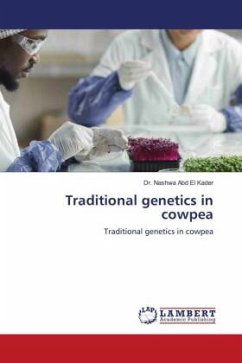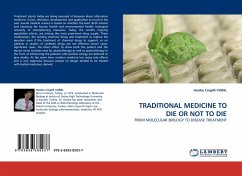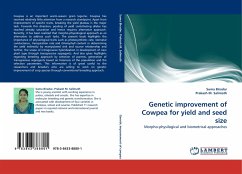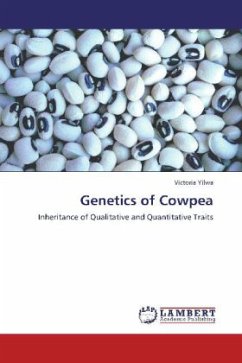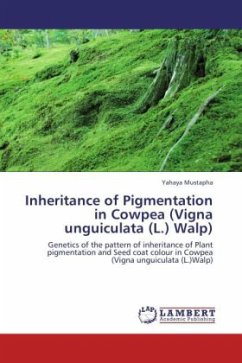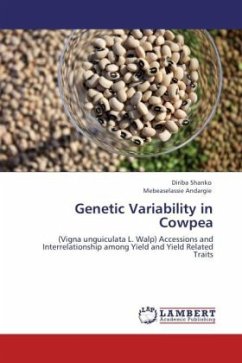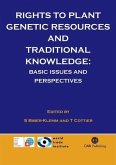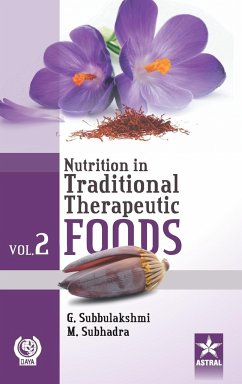Cowpea is attacked by many destructive pests that cause a great damage to the crop. Also, several insects belonging to family Bruchidae of order Coleoptera attacks stored cowpeas seeds. The most important insect pest attacking cowpea seeds is Callosobruchus maculatus (F.), which causes weight loss, decrease germination potential and a reduction in commercial value.The classification of plant resistance phenomena was divided into three categories non-preference (antixenosis), antibiosis and tolerance, though it is important to realize that resistance, whether genetic or environmentally induced, is very often a combination of two or even all three of these phenomena. Only antibiosis and tolerance were tested in the present study.A full-diallel cross was established between six highly divergent genetically and morphologically cultivars during the summer season of 2003, at the experimental farm of Assiut University, namely: Black Crowder, Sudani, Tvu21 improved, Monarch blackeye, Dokki331 and Kaha1. In the fall season of 2003, the seeds of the 36 entries i.e., the six parents and their 30 F 1 hybrids were planted in the field to produce the F2 generation and more seeds of F1's.
